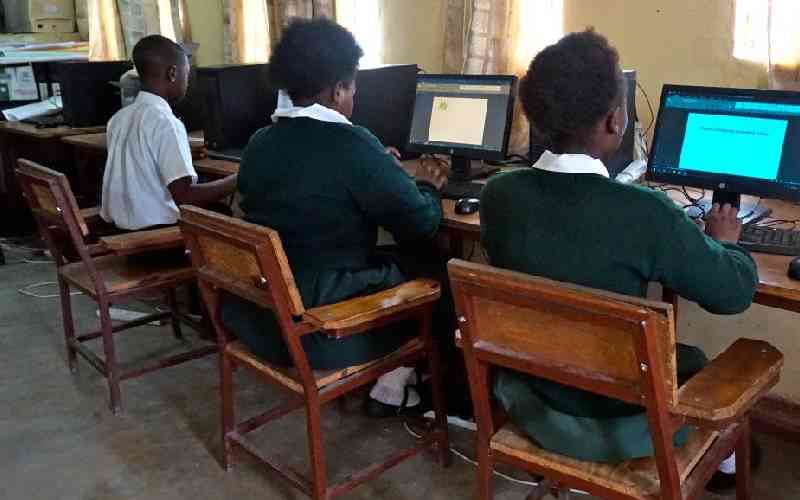×
The Standard e-Paper
Home To Bold Columnists

In a world where technology is playing an increasingly important role in education, the introduction of technology studies in primary and secondary schools in Zambia has been a game-changer for young learners.
Since computers were incorporated into the primary and secondary school education system about a decade ago, children in Zambia have been able to access a wealth of resources and opportunities that were previously unavailable to them, enhancing their learning experience in numerous ways.